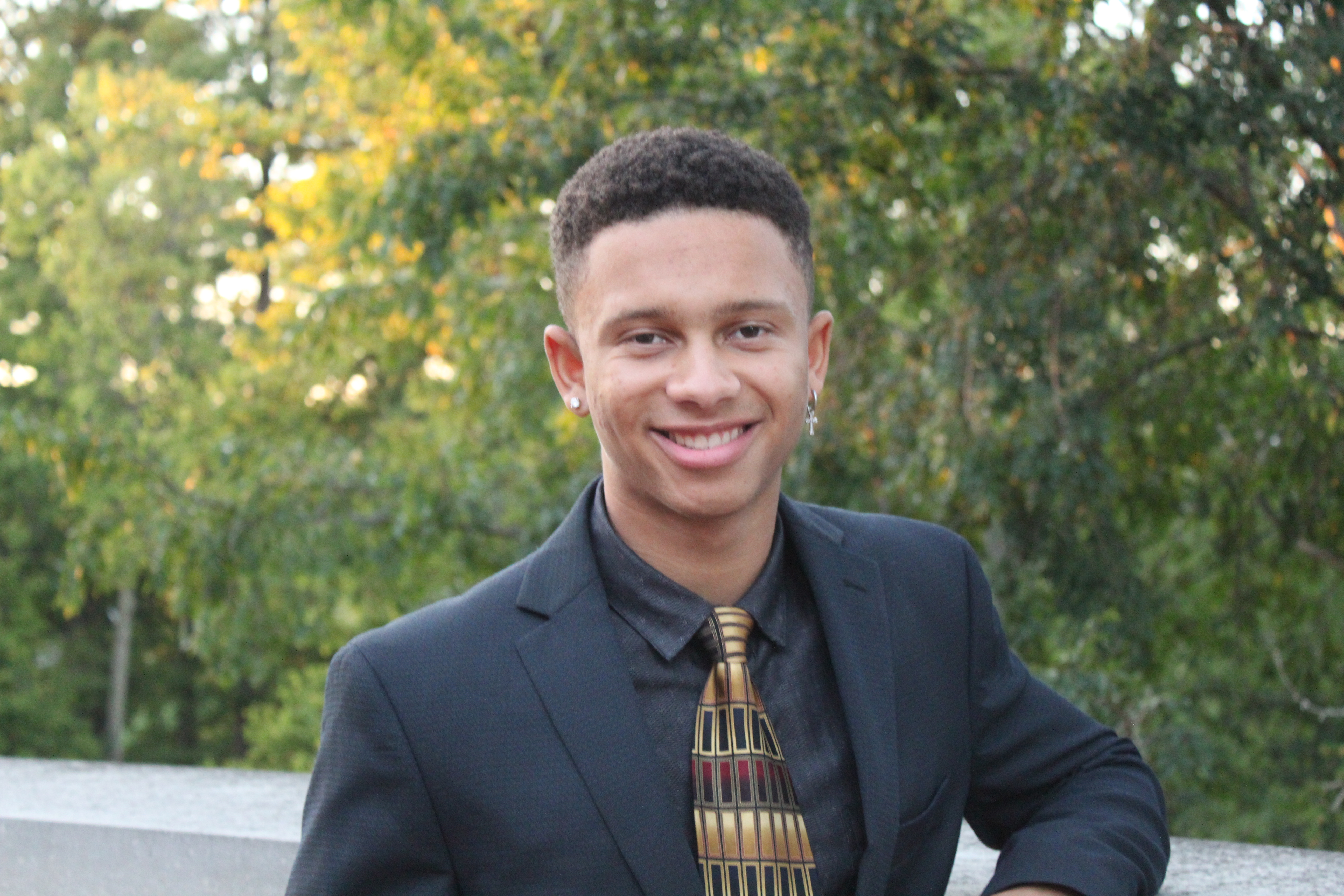Most people would acknowledge that being a Division 1 (D1) athlete takes a lot of time. They’d say it’s difficult because you are required to balance an intense athletic schedule with a rigorous academic one. However, surprisingly, it’s not as bad as you may think. Many D1 athletes have extraordinary amounts of opportunities to pursue their academics, work towards themselves, and build their resumes while dedicating their time to the sports for which they came to IU. An interview done with Luke Boha gives a whole new perspective on what it’s like to be a D1 athlete, especially at IU.
Luke Boha is on the IU men’s soccer team. He majors in Biology, and his minors are Spanish and Chemistry. His main position is midfield, however, he sometimes finds himself playing defense as well. Furthermore, he plans to go into med school as he has a big focus on academics.
While being a D1 athlete, you don’t need to be the captain of your sports team to show that you’re a leader in your community. Already as a junior, Luke Boha is a mentor for an incoming freshman on a different sports team through a program called “Hoosier Heroes.” This program allows Luke to offer direction for future athletes who need guidance as they prepare to attend IU. Luke already possesses experience to which he can refer back as he goes throughout life. This will be something he will be able to carry for the rest of his life.
Additionally, Luke Boha stated that the athletic department has done a great job in supporting their athletes. As a result, he has found himself in a program called “Emerging Leaders.” In this program, he is able to develop and practice his leadership skills while working with peers on other athletic teams.
The fact that Luke is getting academic opportunities by being a D1 athlete is hugely impactful to his future. Perhaps this forces us to switch the narrative that we have grown to have of these students. Being D1 doesn’t necessarily mean that their opportunities for real-world success are any more difficult; in many cases, it could be easier.
Apart from soccer, Luke is also a part of “ICEMS,” the EMT services program here at IU, and HonorVol, a program that does service in IU’s local community. Even as a D1 athlete, Luke is pursuing many of his future goals and being involved on campus. Maybe this is to show that it is indeed feasible to be focused both academically and athletically.
Many argue that “becoming a D1 athlete isn’t worth the time because when graduation day comes, the athletes will have nothing under their toolbelt to progress towards their next stages in life because they spend their whole college career focusing on sports.” Luke’s experience has already proved this idea incorrect.
Being a D1 athlete doesn’t just have its benefits academically and athletically though. Right as Luke arrived on campus he was a part of a team. Meaning that he had friends he could connect with, and also leaders that could guide him as he goes through his experience. Having a group of people that he was able to talk to and rely on was huge in adjusting to the big transition of coming to college.
Some things which are more commonly known are that these D1 athletes get access to their own workspaces, studying rooms, and training rooms. It’s definitely a great experience.
The downside of being a D1 athlete most noticeably is the amount of time you have. D1 athletes have many of their days scheduled, filling up every block of time. This can be useful because it is structured, and you are making sure you are doing well. However, many times Boha found himself having to rearrange a class time to fit his schedule. All this means is that he doesn’t have the luxury of doing many things when he wants to, however, he is still able to take the classes that he needs to and do the things he needs to do.
Many times, these D1 teams travel far to compete in their games. This sometimes can be an issue when trying to complete homework, however, it wasn’t ever too big of a deal for Boha.
Overall, being a D1 athlete is a lot. It’s plenty of hard work athletically, however, this doesn’t mean that it takes away from the experience academically. There are still many opportunities where athletes can grow and develop outside of their sport and still do the thing they love.


